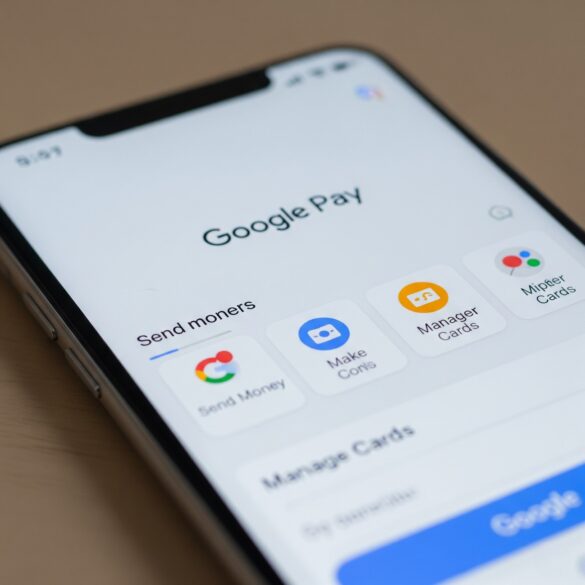On June 24, 2025, Google Wallet, which is the new edition of Google Pay, was officially introduced in Bangladesh. This marks a major step forward in the country’s digital payment ecosystem, enabling Android users to make secure, contactless transactions with just a tap of their phone. To get started, users must have an Android phone running version 9 or higher with Google Play Services installed. A Google account is required, and the device must not be rooted or running in a work profile. How to Set Up Google Wallet: Download or update the Google Wallet app from the Play Store. Add a payment card by scanning it or entering the details manually. Cards previously added to Google Pay will transfer automatically. Enable NFC by going to Settings > Connected devices > Connection preferences > NFC, and set Google Wallet as the default. Verify the card through OTP or in-app approval. Once activated, users can make payments by unlocking their phone and holding it near a contactless terminal. A blue checkmark confirms the transaction. Google Wallet also supports online payments and offers peer-to-peer transfers between users. Security is a key feature. Google Wallet uses encrypted token-based transactions, meaning the actual card number is never shared with merchants. Virtual card numbers may be issued for added safety, and every transaction requires screen lock authentication. In Bangladesh, City Bank is the first local bank to offer support for Google Wallet. Cardholders of Mastercard and Visa can now perform contactless payments while in Bangladesh and overseas. More banks are expected to join soon. With most Bangladeshis using Android devices, the integration of Google Wallet opens up easier access to digital payments across the country. From shopping and transit to sending money, this development is expected to boost financial inclusion and simplify everyday transactions. This new digital payment option is also expected to benefit businesses. Retailers with NFC-enabled point-of-sale machines can now offer customers a faster, safer way to pay. As usage grows, it may reduce reliance on cash and encourage more merchants to adopt digital infrastructure. To sum up, Bangladesh is getting nearer to a cashless economy with the introduction of Google Wallet. It combines convenience with strong security, giving users a reliable and efficient way to manage daily payments. As the service expands across banks and industries, it’s set to reshape how people in Bangladesh spend and manage their money.
How to Use Google Pay in Bangladesh
57
previous post


